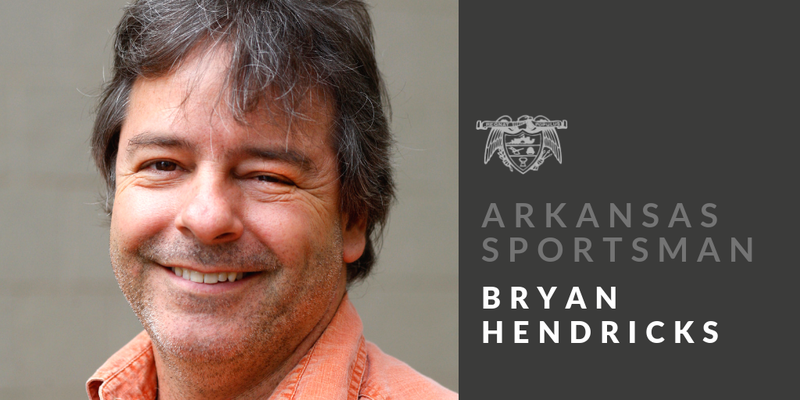Senate Bill 523, which would double the price of resident Arkansas hunting and fishing licenses, is deja vu for me.
In 1999, the Oklahoma Department of Wildlife Conservation was in the Game and Fish Commission's identical position, financially overextended and staring at millions of dollars of repairs to vital facilities necessary to serve the state's hunters and anglers at the high level to which they were accustomed.
Encouraged by the Game and Fish Commission's success at persuading voters to pass Amendment 75 and its statewide conservation sales tax, the Oklahoma Wildlife Department persuaded the Oklahoma Legislature to float a bill to create a more modest means for additional funding, a small sales tax only on hunting and fishing equipment.
As the ODWC's spokesman, I pleaded our case every day to the media, to legislators and to the public. I spoke at Rotary and Kiwanis club meetings, Oklahoma Wildlife Federation meetings and to any audience that would have me.
It really looked like we would succeed. Most of the Oklahoma House and Senate signed on to the bill as co-sponsors. In the last week of the legislative session, the chairman of the House Wildlife Committee tabled the bill. It died quietly, but not before the agency significantly increased the salaries of its division chiefs and assistant chiefs. It exacted a devastating toll in political and emotional capital, as well as to the professional credibility of everyone that was involved in the campaign.
We made one error that the Game and Fish Commission is making now as it lobbies the Arkansas Legislature to increase resident hunting and fishing licenses. The ODWC threatened to close facilities if it didn't get additional funding. It threatened to stop planting food plots, to close boat accesses, and to close roads and cease maintaining roads on wildlife management areas. Fear and threats were lousy sales pitches then, and they are now.
I revisited that experience in my soon-to-be-released book, "St. Tom's Cathedral," through a conversation with my colleague, the late Brian Barger.
Conservation groups such as Ducks Unlimited and the National Wild Turkey Federation understood that the agency worked miracles with loaves and fishes, but convincing the public to pay more was a hard sell.
"Why should they?" I asked Barger. "Oklahoma has some of the best deer and turkey hunting in the country. We are America's quail hunting capital. We've got great duck and goose hunting. Our pheasant hunting is ascendant. We've got sandhill cranes. We have great elk hunting and even hunting for pronghorn antelope. We have great fishing for bass, stripers, paddlefish, even trout. Our wildlife management areas are showcases. We're doing all of this with current funding, so convince me -- a guy with greasy, skinned-up knuckles turning wrenches in a sweltering garage all day -- that I need to pay more to hunt a few precious hours on weekends. A lot of our constituents make minimum wage, and they live on what they catch and kill. Respect that guy in everything you write and say. Convince him what a little more will do for him."
The Arkansas Game and Fish Commission sits in that same chair right now. However, the public is too busy with their own lives and concerns to get absorbed in the pixelated details of the Game and Fish Commission's big picture. Of every 100 hunters at Bayou Meto WMA, maybe two are well-informed about the area's timber health and water drainage issues. The other 98 only want their favorite hunting spots to be flooded when the season starts in November.
Consumers want satisfaction. A truck buyer doesn't care about supply chain interruptions for parts and materials or labor interruptions at the plant. They only want an attractive, dependable truck. Anything that prevents them from getting the product they want when they want it merely makes them mad at the manufacturer.
It's ham-handed to imply, no matter how subtly, that the public is to blame for the commission's financial problems because the commission doesn't charge enough for its services. Nobody appreciates being bullied, especially after what the public has been through for the past 14 months.
Be professional. Make your case. Tell your customers what you'll do for them if you get an increase, not what you'll do to them if you don't.
